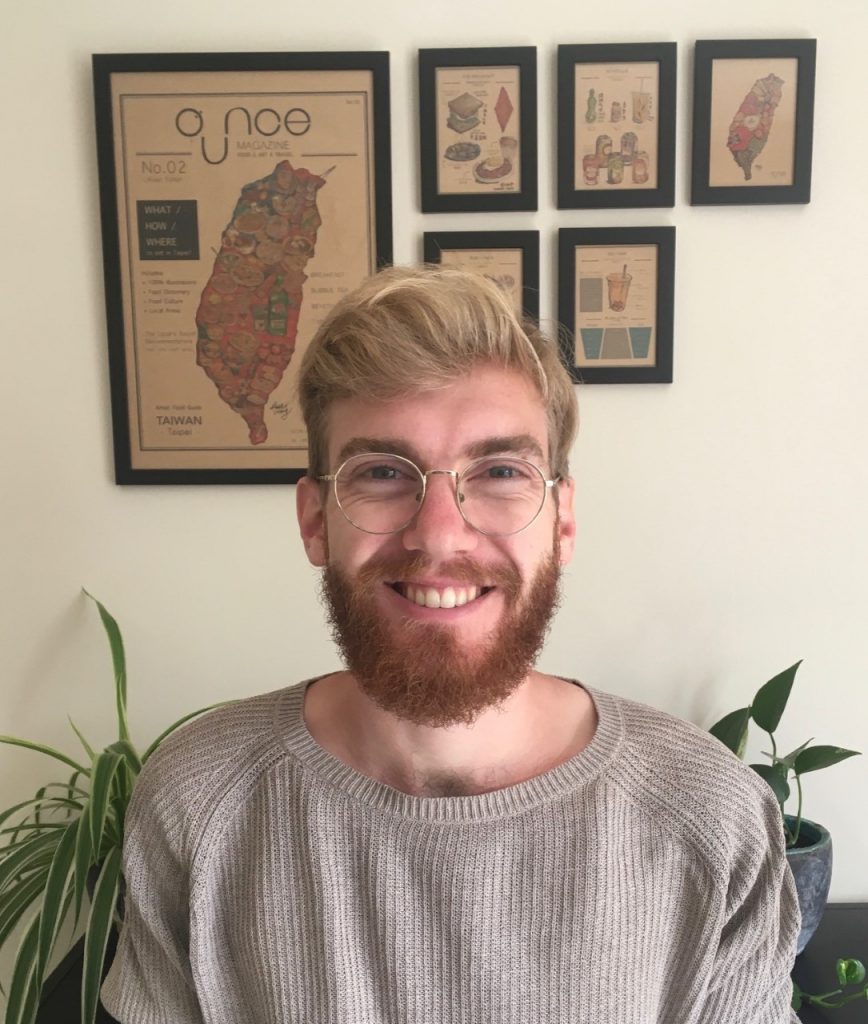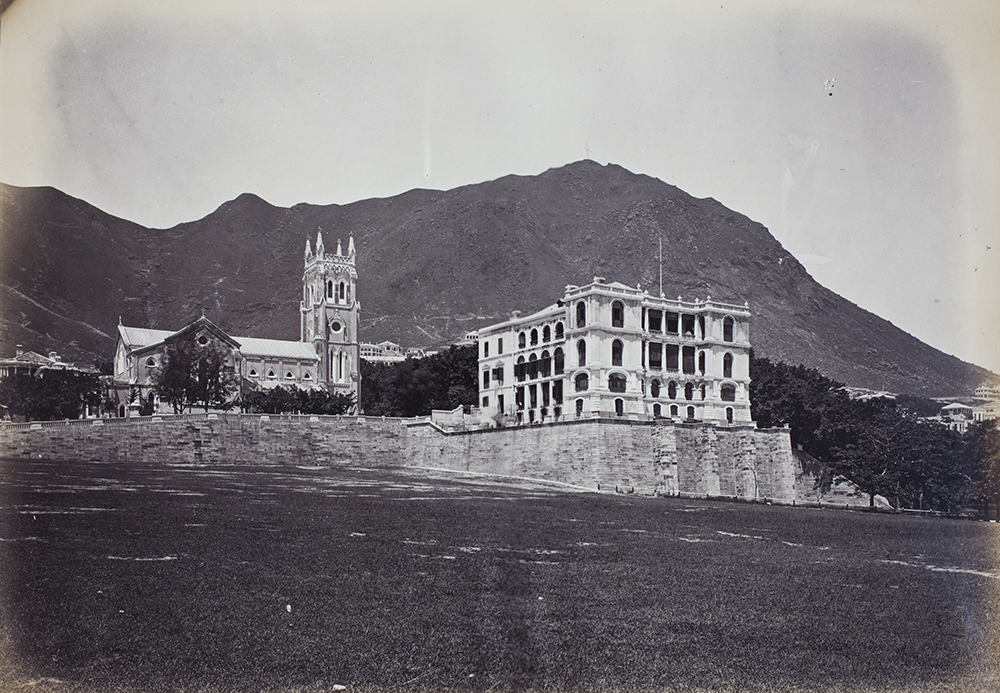In the first of a new series, we talk to recent doctoral graduate Dr. Thomas Larkin about his research project, viva, and plans for the future.
Thomas M. Larkin is the Augustine Heard Fellow at the University of Bristol, and a member of the Hong Kong History Project. His current research concerns nineteenth-century Anglo-American and Sino-American social and cultural interactions in China, and the application of global-microhistorical and transimperial methodologies.
Q: Hi Thomas. First of all, congratulations on your successful viva! Can you tell us a bit about what your doctoral research was about?
My doctoral research focused on the American firm Augustine Heard & Company, active in China and throughout East Asia in the mid-to-late nineteenth century. I used the case study of the firm and its leading partners to argue that the American merchant community active in Hong Kong and China’s treaty ports selectively adapted to British colonial society and culture to advance their personal and commercial position in China, and that in the process they helped consolidate and entrench the racial and socio-cultural hierarchies developing in these ports.
The project was also designed to play with scale and to provide a framework with which global and microhistorical methodologies could be combined. The case study of the firm was analysed within increasingly broad geographic and temporal contexts to better understand how it fit in with the histories of China, Britain, and the United States.
Q: How did you become interested in Augustine Heard & Co?
I had originally applied to Bristol with the intention of studying Western indigents in Shanghai’s International Settlement. My early interests were in the relationship between race and class in China, the ways foreigners structured their society to uphold barriers between themselves and the Chinese, and how Chinese observers viewed these potentially embarrassing lower-class Whites. A study of the elite partners of Augustine Heard & Co., with its prominent position amongst the Western firms, seemed a rather dramatic step in the opposite direction. But when I started doing early research into the project and what might be done with it, I found that many of the themes I was interested in remained accessible through the company records – if from a different perspective. Perhaps more significantly, the Heard brothers seemed almost omnipresent in the history of nineteenth-century Sino-Western contact. At least one of the brothers at some point or another bore first-hand witness to the major developments that shaped Sino-Western commerce and politics. I had always wanted to write a global micro-history, and the ubiquity of the Heards made it an increasingly tangible possibility.
Q: What did you enjoy most about your project?
I think the most gratifying aspect of the project was deep-diving into the Heard archive and sharing my discoveries with the project’s benefactor, George Cautherley. George is a descendant of the Heard family, and as a tangential product of this research we have been able to confirm many of the particulars of his relationship with his ancestors and with Hong Kong, including the direct line that connects him to one of the firm’s earliest partners, John Heard. It has been fantastic getting to share some of the more significant discoveries with George, and he has been both open to learning more of the family and forthcoming with his own thoughts, advice, introductions, and input. While there were always significant academic contributions that I intended to make with my project, I have also greatly enjoyed these informal exchanges.
Q: Any top tips for lunch spots near your archives / libraries / museum collections?
I am currently based out of Richmond, within walking distance of the National Archives, and I can’t recommend highly enough escaping the archives on a sunny day and doing your readings by the riverside. At Harvard’s Baker Library I kept to the school cafeteria which is, admittedly, excellent, and has the added bonus of only requiring two minutes of outdoor travel to reach on frigid February mornings. Anything further afield was risky, as while I am Canadian, four years in the UK has ruined my tolerance to the cold.
I’ve a bad habit of forgetting lunch when working, but I do love a good coffeeshop. My preferred café-turned-workspace in Boston, Explorateur, seems to have not survived the pandemic, but if a seat can be found the Tatte Café on Charles Street or the Thinking Cup on Newbury are both good spaces. Classified on Hollywood Road in Hong Kong eased the completion of both a journal article and a chapter, as did Café Libero in Da’an, Taipei (although neither is particularly close to an archive).
Q: Let’s talk about the viva itself. What would you advise someone who is preparing for their own viva?
The best advice I received from Robert Bickers and that I would pass on to anyone else is not to over-prepare. I’m not suggesting slacking off, but there is truly no sense in trying to guess what the examiners are going to ask. Both my examiners had excellent questions and insight, but almost none of it was anything I had anticipated beforehand. Reread the thesis a few days before, relax the night of, and treat the viva as a very productive opportunity to get some targeted feedback that will, ideally, make the eventual manuscript a much stronger piece of research.
Q: What’s next for you? Where can we find your research and/or writing now?
At the time of writing, I am currently preparing to move to Bristol in September, as I have continued on with the university as Augustine Heard Fellow. I have been remote for the last three and a half years of study, and its about time to do away with the tedious commute from London. I’m in the process of revising an article and working on developing the manuscript to pitch to publishers. I’ve got a couple other projects in the works and am solidifying a plan for the next big research undertaking, but have mostly been enjoying the chance to dig deeper and write about some of the topics that I didn’t get to explore much in the thesis.


